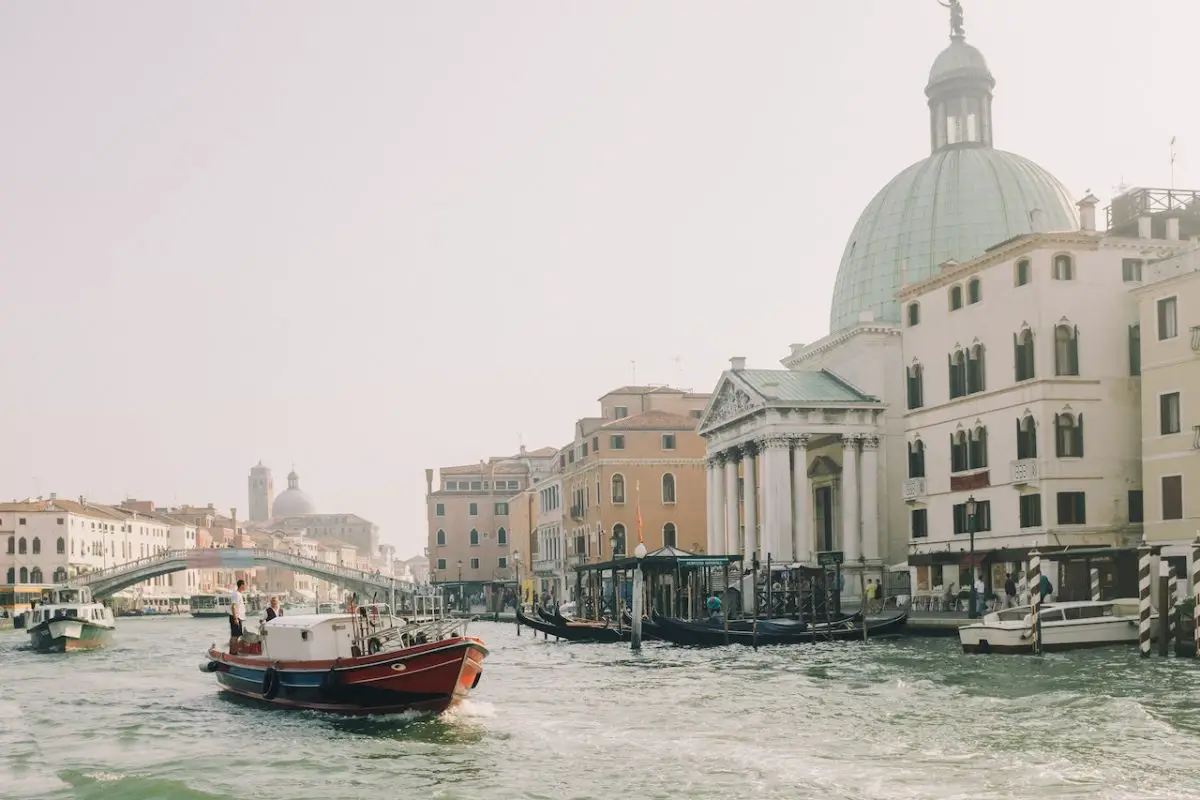Traveling is an amazing experience, filled with adventure, new experiences, and unforgettable memories. However, without proper planning and preparation, traveling can quickly turn into a nightmare. To ensure a smooth and enjoyable trip, here are some travel advice and tips to keep in mind.
Before we move further, if you’re looking for country-specific travel guides and advice and not the generic tips, look no further than Travel War. This website provides a wealth of information on destinations around the world, from top attractions to local customs and traditions. Whether you’re planning a vacation or just want to learn more about a particular country, this site has you covered.
1. Before You Travel
· Research Your Destination
Before embarking on your trip, it is crucial to research your destination thoroughly. This includes checking for any travel advisories, visa requirements, weather conditions, cultural norms, and any potential health risks. The internet is a great resource for finding up-to-date information, and travel forums and social media groups can also provide valuable insight from fellow travelers who have already visited the destination.
· Get Vaccinated
If you’re traveling to a country where specific vaccines are required or recommended, it is essential to get vaccinated before your trip. Some countries may require you to present a vaccination certificate upon entry, so make sure you have all the necessary paperwork in order.
· Pack Wisely
When packing for your trip, it is crucial to pack wisely. This means only bringing essentials and leaving unnecessary items behind. Consider the climate and activities you’ll be doing, and pack accordingly. It’s also a good idea to pack a small first aid kit with essentials like painkillers, band-aids, and any medication you need.
2. During Your Trip
· Stay Safe
Safety should be a top priority when traveling. Always be aware of your surroundings and avoid unsafe areas, particularly at night. Keep your valuables close and be mindful of pickpockets and scams. Consider carrying a money belt or travel lock to keep your belongings secure.
· Keep Copies Of Important Documents
It’s essential to keep copies of your passport, travel itinerary, and other important documents in case they are lost or stolen. Store them securely in a separate location from the originals or use a cloud-based storage service.
· Stay Connected
Stay connected with family and friends back home and keep them informed about your whereabouts. Share your itinerary with them and let them know if there are any changes to your plans. Consider purchasing a local SIM card or using a messaging app to stay connected without incurring high roaming charges.
· Immerse Yourself In The Local Culture
Traveling is an excellent opportunity to immerse yourself in new cultures, meet new people, and try new things. Be respectful of local customs and traditions and make an effort to learn some of the local language. Consider taking part in local activities, such as a cooking class, a traditional dance performance, or a city tour.
· Try The Local Cuisine
One of the best things about traveling is trying new and exotic foods. However, it’s essential to be mindful of food safety, particularly in countries with poor hygiene standards. Stick to cooked foods, avoid tap water, and wash your hands frequently.
· Be Flexible
No matter how much you plan, things don’t always go according to plan when traveling. Flights get delayed, tours get canceled, and unexpected events can occur. It’s essential to be flexible and adaptable, and to have a backup plan in case things don’t work out.
3. After Your Trip
· Leave A Review
After your trip, consider leaving a review of the accommodations, tours, and restaurants you visited. This can be helpful to other travelers, and it also provides valuable feedback to the businesses themselves.
· Reflect On Your Experiences
Traveling is a learning experience, and it’s essential to reflect on your experiences after your trip. Think about what you enjoyed, what you didn’t, and what you learned. Consider how you can apply these lessons to your everyday life and how you can incorporate travel into your future plans.

![5 Factors: Is Uber In Riga, Latvia? [Travel In Style] Is Uber in Riga](https://whospilled.com/wp-content/uploads/2023/01/Is-Uber-in-Riga-150x150.jpg)
![4 Factors - How Do You Get Rid Of Remodeling Dust? [Keep Your Home Clean] How do you get rid of remodeling dust](https://whospilled.com/wp-content/uploads/2023/01/How-do-you-get-rid-of-remodeling-dust-150x150.jpg)
![How Do You Get Rid Of A Lot Of Stuff Fast? [5 Strategies] How do you get rid of a lot of stuff fast](https://whospilled.com/wp-content/uploads/2023/02/How-do-you-get-rid-of-a-lot-of-stuff-fast-150x150.jpg)

![Does Fishing Make You Stronger? [5 Factors] Does fishing make you stronger](https://whospilled.com/wp-content/uploads/2023/03/Does-fishing-make-you-stronger-150x150.jpg)
![How Do You Babyproof Wooden Furniture? [2023] How Do You Babyproof Wooden Furniture [2023]](https://whospilled.com/wp-content/uploads/2023/06/How-Do-You-Babyproof-Wooden-Furniture-2023-150x150.jpg)